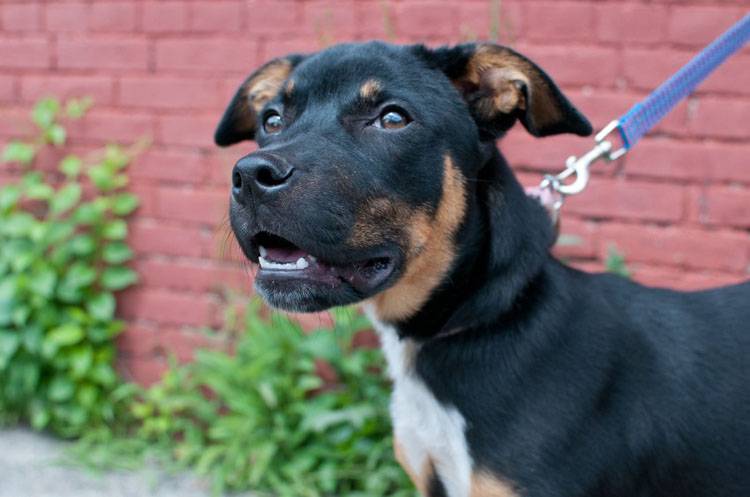How to Prevent Dog Bites
An Owner’s Responsibility to Prevent Dog Bites
Although most interactions between dogs and people are positive and harmonious, there are still an estimated 4.5 million dog bites reported each year in America. These bites range from minor nips to major attacks. There is no way to guarantee your dog would never bite someone because all animals have the potential to become aggressive in certain situations.
Fortunately, there are many things a dog owner can do to reduce the chances of his dog inflicting an injury on someone. Dog owners should make themselves aware of the steps they can take to reduce the risk of their dog biting someone.
Learning your dog’s body language and knowing what situations your dog is comfortable in and what situations make your dog nervous or scared is crucial to your safety.
Start Socialization Early
Socialize your dog at an early age. Speak with a dog trainer or veterinary assistant for recommendations on a safe age for your dog to meet other dogs. Introducing your dog to different situations and people greatly reduces the dog’s chances of becoming nervous and fractious in social situations.
For instance, taking your new dog to the veterinarian early on in life gives him exposure to the veterinary staff and gets him used to a situation that may otherwise be viewed as frightening.
RELATED: Puppy Socialization Tips
Train Your Dog
Taking dog obedience classes is not only an excellent way to socialize your dog, but your dog will also learn how to sit, stay, lie down and, most importantly, trust you. Dog training is a family matter and anyone who lives in the same house as the dog should be familiar with the training techniques used and actively participate in the dog’s education.
Never hit a dog as punishment, as this can cause a dog to exhibit dangerous behavior as a defense and is very hard to correct with training. Training should always be a fun activity for your dog. Just ask professionals in the various animal jobs out there. Training your dog is a life-long commitment and you should try to work with your dog as much as possible. This will not only reinforce behaviors already learned, but will strengthen the bond between you and your dog as well.
RELATED: Why You Shouldn’t Scold at Your Dog
Teach Positive Behaviors
Teach your dog appropriate behavior. Don’t teach your dog to chase after or attack people or animals for fun. Dogs don’t always understand the difference between play and serious situations. The first time your dog exhibits signs of potentially dangerous behavior toward a person or another animal, seek a professional dog trainer.
Follow the Law
Be a responsible dog owner. Follow all laws related to owning a dog. License your dog and provide him with proper veterinary care, including keeping rabies vaccines up-to-date. When you go on outings with your dog, keep him on a leash at all times and never let your dog roam off-leash or unsupervised. Dogs are social animals and want to be part of a family. Isolating your dog in the backyard or on a chain by himself increases the risk of your dog displaying dangerous behavior.
As a socialized and happy member of your family, your dog will be much less likely to bite. Working with your dog and educating yourself about dog behavior and training is the best way to keep both yourself and others protected from dog bites.
Source: Humane Society of the United States
You may also like: What to Do If Your Dog Gets Hit By a Car





